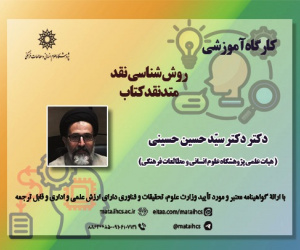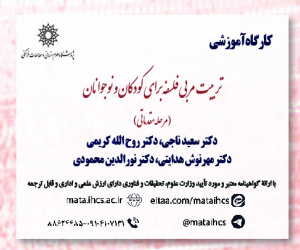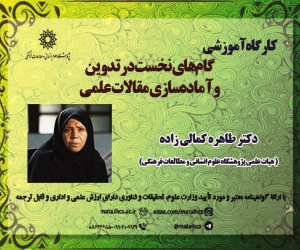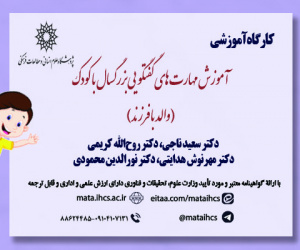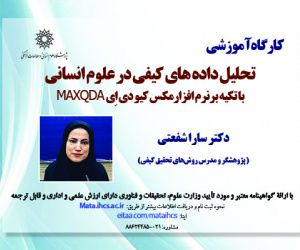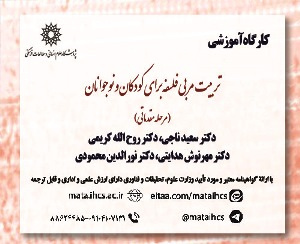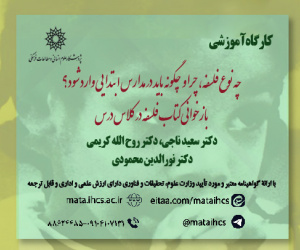Everlasting Duel of Nature & Culture: An Ecofeminist Comparative Analysis of Virginia Woolf's To the Lighthouse and Simin Daneshvar's Island of Bewilderment and The Bewildered Cameleer (مقاله علمی وزارت علوم)
درجه علمی: نشریه علمی (وزارت علوم)
آرشیو
چکیده
This study undertakes a comparative ecofeminist analysis of Virginia Woolf's To The Lighthouse and Simin Daneshvar's Island of Bewilderment and The Bewildered Cameleer. Through a nuanced examination of these literary works, it explores the intricate interconnections among women, nature, and patriarchal cultural structures within English and Persian contexts analyzing the narratives, interpreting the symbolic motifs such as nature and paintings, analyzing the discourse between men and women, and exploring the intersections of genders. The analysis reveals how both authors symbolically represent nature as a conduit for women's emotional journeys and personal growth, while simultaneously critiquing the oppressive forces of patriarchal ideologies that subjugate women and the environment. Characters like Lily Briscoe and Hasti emerge as emblems of resistance, challenging societal norms and redefining their identities beyond the confines of traditional gender roles. The novels also highlight the pervasive influence of patriarchal structures within cultural traditions and celebrations, perpetuating gender stereotypes and marginalizing women's voices. However, the narratives offer alternative perspectives by portraying women as embodiment of "Mother Nature," possessing inherent strength, resilience, and a profound connection to the natural world. This ecofeminist lens challenges the binary opposition between culture and nature, advocating for a harmonious coexistence that recognizes the interdependence of all life. Ultimately, this comparative analysis contributes to the ongoing discourse on ecofeminism, gender studies, and environmental justice, underscoring the urgency of addressing the intertwined oppression of women and nature within patriarchal societies.جدال همیشگی طبیعت و فرهنگ: تحلیل اکوفمینیسم تطبیقی رمان های به سوی فانوس دریایی از ویرجینیا وولف و جزیره سرگردانی و ساربان سرگردان از سیمین دانشور
این مطالعه، رمان به سوی فانوس دریایی از ویرجینیا وولف و جزیره سرگردانی و دنباله آن، ساربان سرگردان، را از سیمین دانشور از حیث مضامین اکوفمینیستی به صورت تطبیقی تحلیل می کند. این تحلیل، از طریق بررسی ظریف این آثار ادبی، پیوندهای ژرف میان زنان، طبیعت و ساختارهای فرهنگی مردسالارانه را در بافت های انگلیسی و ایرانی کاوش می کند و نشان می دهد هر دو نویسنده به طور نمادین از طبیعت در حکم مجرایی برای سفرهای عاطفی و رشد شخصی زنان بهره می گیرند. در عین حال، نیروهای سرکوبگر ایدئولوژی های مردسالارانه را که زنان و محیط زیست را تحقیر می کنند، نیز تأمان به نقد می کشانند. شخصیت هایی مانند لیلی بریسکو و هستی در مقام نماد مقاومت، هنجارهای اجتماعی را به چالش می کشند و هویت خود را فراتر از قالب های سنتی نقش های جنسیتی بازتعریف می کنند. این رمان ها همچنین نفوذ گسترده ساختارهای مردسالارانه در سنت ها و جشن های فرهنگی را برجسته می کنند که باعث تداوم کلیشه های جنسیتی و به حاشیه راندن صداهای زنان می شود. با این حال، زنان را در مقام نمادهای «مادر طبیعت» بازنمایی می کنند که قدرت ذاتی و تاب آوری دارند و با جهان طبیعی پیوند عمیق برقرار می کنند. این نوع رویکرد اکوفمینیستی، تقابل دوگانه میان فرهنگ و طبیعت را به چالش می کشد و به همزیستی متقابل همه موجودات زنده احترام می گذارد. در نهایت، این تحلیل تطبیقی به اکوفمینیسم، مطالعات جنسیتی و عدالت زیست محیطی کمک می کند و بر ضرورت رسیدگی به رابطه زنان و طبیعت در جوامع مردسالار تأکید می ورزد.
اکوفمینیسم،فرهنگ مردسالارانه،نمادگرایی طبیعت،مقاومت،توانمندسازی،
